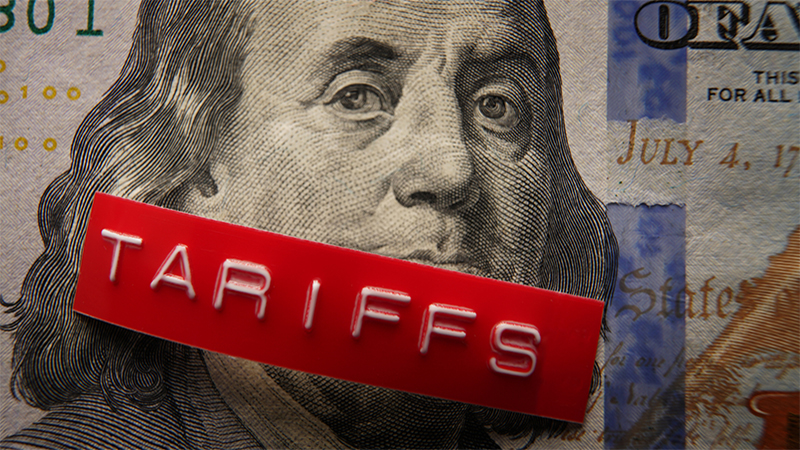Isn’t it ironic that bulk of those who took a punt on the next Governor of the Bank of England – charged with maintaining our financial stability – are out of pocket? Not really, but you get the point.
From the ‘vampire squid’ to the ‘old lady of Threadneedle Street’, Mark Carney is the rank-outsider that got the big job, and Fleet Street has been going, ahem, head over feet to praise his credentials as the man to save the UK from its monetary mess.
“The best central banker of his generation” is the phrase that’s been repeated often in the past week. However, others have been quick to add the caveat that steering Canada through the financial crisis comparatively unscathed doesn’t necessary mean he’ll flourish here in a role with some dissimilar responsibilities.
There’s also been a lot of fuss about Carney being the first foreigner to head the Bank in its 318 year history (similar maybe to when Sven-Goran Eriksson took over the English national football team), though his nationality really is irrelevant.
A multi-tasker
What is clear is that, in an age when economic policy dominates political rhetoric more so than ever before, Carney will need to be a dab hand at multi-tasking. He will have a much wider role than his predecessors, with the extra responsibility of overseeing the new Prudential Regulatory Authority (PRA) once it is formed next year.
“We believe this is now unquestionably the most important public sector job outside of government and one certainly could argue, is on a par with the Chancellor of the Exchequer,” said Andrew Morris, managing director at discretionary Signature.
"Like other central banks, the financial crisis and its continuing repercussions has hugely amplified the importance of the Bank of England. Monetary policy remains the only real game in town when it comes to offsetting the hugely negative effects of the current crisis. During his tenure, Mr Carney may well have the unenviable task of having to unwind QE, a challenge which even King Kanute would struggle with.”
New experiences
It’s been noted that the Bank of Canada never undertook QE during the financial crisis, so if any further easing is required next year, it would be a new experience for Carney. Saying that, given the vast sums that has been pumped into the system, it’s a new experience for everyone. Given the limited impact that QE has had so far in stemming our monetary problems, the real challenge will be coming up with a creative yet effective alternative.
We should never underestimate the power of personality in buoying sentiment in times of trouble. Look at the remarkable impact ECB President Mario Draghi has had since taking up his role just one year ago, introducing inventive ‘solutions’ to a much deeper problem.
The eurozone crisis is far from finished but as Oliver Russ, manager of Argonaut European Income fund, told me last month, Draghi’s decisiveness has been instrumental in propping up markets across continent.
“When they come to write the history of the eurozone crisis, I think the key moment when everything changed was when Draghi became President of the ECB,” he said.
“Prior to that you had Jean-Claude Trichet, and his big idea to solve the crisis was to put interest rates up. As soon as Draghi came in we had interest rate cuts, LTRO one and two, further rate cuts and now the OMT.”
We in the UK are already used to dealing with our fair share of acronyms and it’s going to take a very different approach here to keep the country afloat. Still, Carney has asked for five years – plenty of time to prove himself as our new favourite banker…The O2 might be off limits though.










